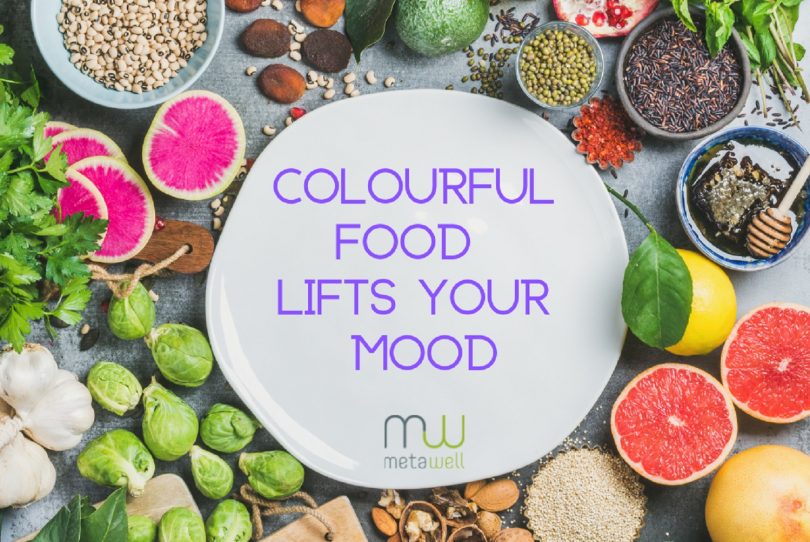Mental health problems are on the rise as more and more people are feeling stressed, anxious, depressed or suffer from a diagnosed mental health condition.
I myself see this in practice too. Many of my clients, who come to see me for chronic gut issues, inflammatory or menopausal symptoms, are also taking antidepressant drugs for anxiety or depression, and sometimes have been on medication for years. My “Food and Mood” course at the local Stepping Stones Recovery College, Bracknell has also turned out to be one of the most popular courses, as people who suffer from various mental health issues are keen to learn how to look after their mental health better.
Are we just to accept the rise of mental health problems and the increasing number of prescriptions dished out every year? Or is it time we actually start asking what is driving the rise of these conditions and how can we all help ourselves in our daily lives to support good mental health?
So, what’s going on?
A 2018 paper in The Lancet stated that globally almost 265 million people suffer from depression, and even more people are dealing with anxiety disorders. A British government report ‘Wellbeing and mental health: Applying All Our Health’, from February 2022, reported that, according to Public Health England’s pandemic surveys, self-reported mental health and wellbeing (including anxiety, stress and depression) deteriorated during the pandemic and remained worse than pre-pandemic levels.
The “Britain’s Healthiest Workplace Survey”, which has been run annually since 2014 with a 2-year pause during the pandemic, covers stress, sleep, exercise, and diet. In 2019 it found that 57% of the surveyed employees were stressed at work, 50% had money worries, 42% didn’t sleep well, 1 in 3 didn’t exercise enough and 65% were not eating a healthy diet. In 2022, more than half reported not eating the recommended five portions of fruit or vegetables a day, and a quarter of the surveyed fell into the obese category (BMI of over 30).
The survey showed that pre-pandemic, 1 in 10 people were living with depression. In the latest 2022 survey between March and September that year, more than a tenth of respondents reported symptoms of depression. In their Special Report ‘Health at Work’, The Financial Times says:
“If the British workforce were an individual human being, it would be in rather poor health: tired, overweight and depressed, with a poor diet — and unproductive, or off sick, for seven weeks during the past year.”
Mental health issues are complex and all contributing factors need to be considered when treating them.
As a nutritionist and a food and mood practitioner, I find it impossible to ignore one particular crucial everyday link that is not considered often enough, or is quickly brushed off when talking about mental health. One that is far easier to manipulate and take control of by individuals themselves than often thought, before one reaches for that anti-depressant prescription.
And that is your daily diet!
Your diet creates your moods
Your daily diet, unsurprisingly, delivers all the building blocks for not only your physical but also your mental health. The food you eat has a big impact on your mood! Nutrients that make all your cells, enzymes, neurons and neurotransmitters, or help as cofactors to catalyse crucial chemical reactions in your body are derived from your diet. The healthy fats you eat form a large proportion of your brain too, which is 60% fat, so cutting fat out of your diet in the hope of reducing calories will often backfire!
Your daily diet should also deliver plenty of food for the trillions of beneficial bacteria in your gut. A poor gut microbiome may actually be a cause of your low moods!
Research is clear about the crucial link between a healthy diet and brain and mental health. It’s also very clear about the gut-brain connection and how your gut microbiome affects your mood and your brain. We also have evidence to show how a highly refined, high-sugar, high-additive, ultra-processed diet is not supporting a healthy gut and has been linked to inflammation, low moods, anxiety, depression, addiction and other mental health issues.
So why isn’t the government and the authorities shouting about this from the rooftops? They sure should!



